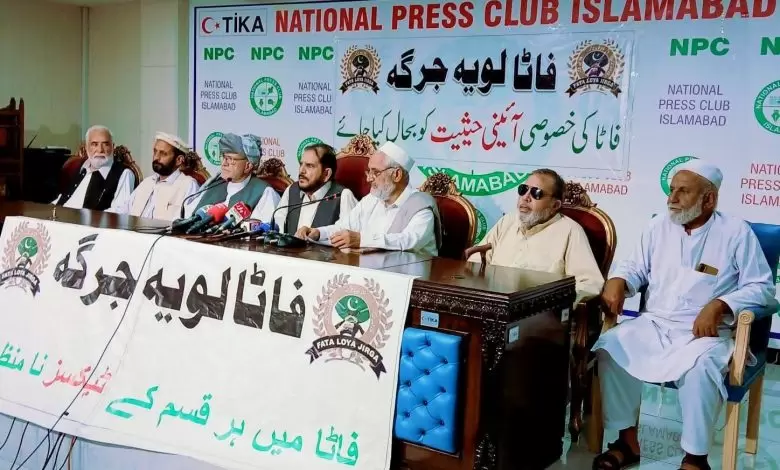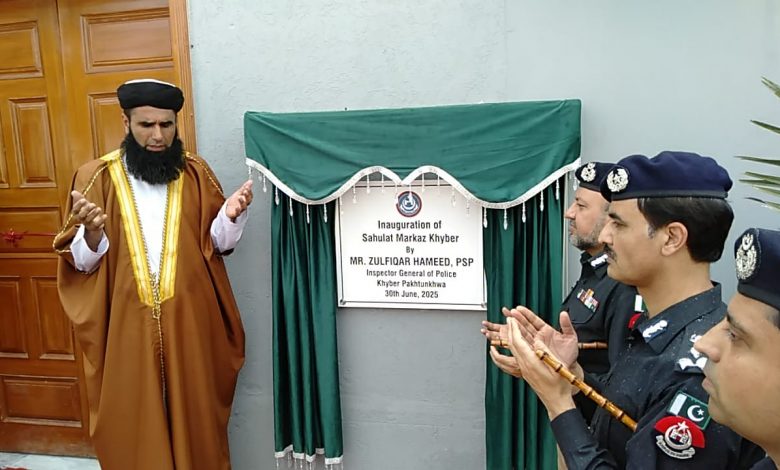
The Matriculation examinations commenced in Khyber Pakhtunkhwa on April 18, marking a significant period for both students and parents alike. Government teachers have been assigned exam duties, while students from both government and private schools are fully engrossed in their exam preparations.
These examination days pose a significant test for parents, who harbor hopes for their children's success and aspirations for their future academic endeavors.
While exams are an annual occurrence, the culture of bribery has unfortunately become deeply ingrained, compelling parents to meet the excessive demands of examination staff, often surpassing their financial means.
Also Read: Marwat Qaumi Jirga Opposes Army Operation in Lakki Marwat, Advocates Local Solutions
Families with children in private schools may be more capable of meeting such demands, whereas those from economically disadvantaged backgrounds, whose children attend government schools, face greater challenges. Government schools often lack the resources to provide amenities like high tea and quality food during exam periods, adding to the burdens faced by both parents and students.
Despite government compensation for duty-bound teachers, some educators persist in making unreasonable demands from students. Moreover, in certain government schools, female students are reportedly subjected to threats regarding the provision of refreshments during exams.
A significant portion of the younger generation attends government schools, primarily due to their parents' modest incomes. Conversely, private school stakeholders, driven by financial interests, invest heavily during exam periods, creating an environment ripe for bribery.
This stark contrast between government and private schools perpetuates a system where bribery appears to be an inevitable norm. Consequently, students who cannot afford bribes experience not only academic pressure but also a sense of inferiority, perceiving success as achievable only through monetary means.
It is imperative for responsible authorities to rigorously monitor exam halls during this period and take stringent legal action against those involved in bribery. The attitudes and behaviors cultivated during these formative years profoundly impact the future trajectory of students. Therefore, educators, parents, and school administrations must collectively strive to foster a positive mindset among students and eradicate the scourge of bribery from our educational system.
1.jpeg)
.jpeg)
01 Jul, 2025

.jpeg)


